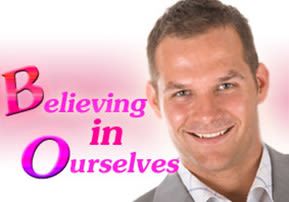
Believing in Ourselves
We have to believe in ourselves, namely, that our sincere personal prayer is leading us to truth, to the extent that no one...

Self-Composure
Here we arrive at one of the definitions of proper personal prayer – self-composure. Rabbi Levi Yitzchak Binder of blessed memory – one of the last generation’s prominent Breslover Chassidim – used “self-composure” as a synonym of hitbodedut. The most important aspect of self-composure – stopping to think before we do or say something – is to determine the truth, so that it’s crystal clear what Hashem wants from us in every single matter, thus dispelling all doubts. Self-composure results in a strong conviction that never leaves us.
We have to believe in ourselves, namely, that our sincere personal prayer is leading us to truth, to the extent that no one or nothing can make us deviate from what we know is true. Furthermore, even if we have not yet achieved our objectives, and we know that the road to fulfilling our goal is long, difficult, and oftentimes challenging – we nonetheless continue steadfastly in the way that we know is truth. Knowing that our goal is truth, nothing in the universe should be able to weaken our resolve or to lead us astray. With such convictions, we will eventually succeed in realizing our goals to the extent that we no longer transgress; this is proper self-composure.
As long as a person harbors the slightest doubt as to what truth or the proper course of action is, then the Yetzer Hara, or Evil Inclination, can easily tempt that person into making tragic mistakes. The Hebrew numerical equivalent for the word saphek, or doubt, is 240 – which is identical to the numerical equivalent of Amalek, who signifies the Evil Inclination. Our doubts are our Evil Inclination, which takes every opportunity to try to trip us, tempt us to transgress, and to damage our own souls Heaven forbid. By attempting to weaken us, the Evil Inclination attempts to prevent us from realizing our goals.
The fault of not knowing what is true is not only a fault in our belief in Hashem or in our belief in the great tzaddikim, it’s a fault in our belief in ourselves. We have to believe in ourselves, namely, that whatever we learn from the Torah or hear from the tzaddik is absolute truth and the proper course of action. As such, we never surrender or compromise our convictions, we fight for the truth, and we certainly don’t subjugate ourselves to anyone that leads us off that path. We must be strong and persistent to continue in the path of truth.
Believing in Ourselves
If we look at the Torah from beginning to end, we see that the failures and setbacks of our ancestors all stemmed from the fact that they didn’t believe in themselves.
First, let’s look at Eve, who was commanded not to eat from the Tree of Knowledge: When the serpent came to tempt her, he succeeded, because she didn’t believe in herself. She wasn’t 100% sure that what she heard from Adam her husband was the absolute truth, and the only truth, and that she must act accordingly.
With regard to Eve’s transgression, our sages say: The teacher and the pupil – to whom do you listen? Hashem said not to eat from the tree – that’s the teacher; the serpent said to eat from the tree – that’s the pupil. So, to whom do you listen? Clearly, one should listen to the teacher; so why did Eve listen to the serpent?
Eve didn’t believe in herself, that what she knew was the absolute, non-negotiable truth. Had she believed in herself, she wouldn’t have been willing to listen to a single word from the serpent’s mouth. She should have said, “This is truth, law, and totally binding! Mister Serpent, either change the subject, or take a walk! The Tree of Knowledge is off limits! Case closed!” Eve’s failure to clarify the truth in her own mind was the very opening that allowed the serpent to lead her astray.
Adam, after hearing directly from the Creator that he may not eat from the Tree of Knowledge, also lacked belief in himself. Had the truth been clear in his mind, he would have been forceful and emphatic: “The fruit of the Tree of Knowledge is forbidden! This is the absolute truth that I clearly heard from the voice of Hashem! This is a non-negotiable fact!” If he had believed in himself, no power on earth could have swayed him, not even his wife Eve.
Here’s another example – King Saul. He erred in that he didn’t destroy the entire Amalekite nation as he was commanded, for he didn’t believe in himself. As such, he let his people tempt him into sparing the Amalekite’s flocks, and he himself refrained from killing the Amalekite king. Samuel the prophet chastised him (see Samuel I, chapter 15), and said, “If you consider yourself insignificant, remember that you are the head of the Tribes of Israel and Hashem anointed you as king over Israel!” In other words, Samuel’s reprimand hones in on the fact that Saul didn’t believe in himself and didn’t believe in the fact that Hashem had anointed him as king, and that he should have decided what’s proper in Hashem’s eyes, and not the masses. Hashem commanded King Saul to wipe out the Amalekites and all their possessions, and specifically stipulated that not a single Amalekite animal be left alive. Had King Saul believed in himself, could anyone have swayed him?
To be continued.




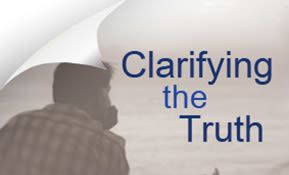


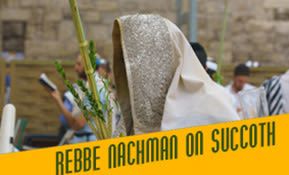
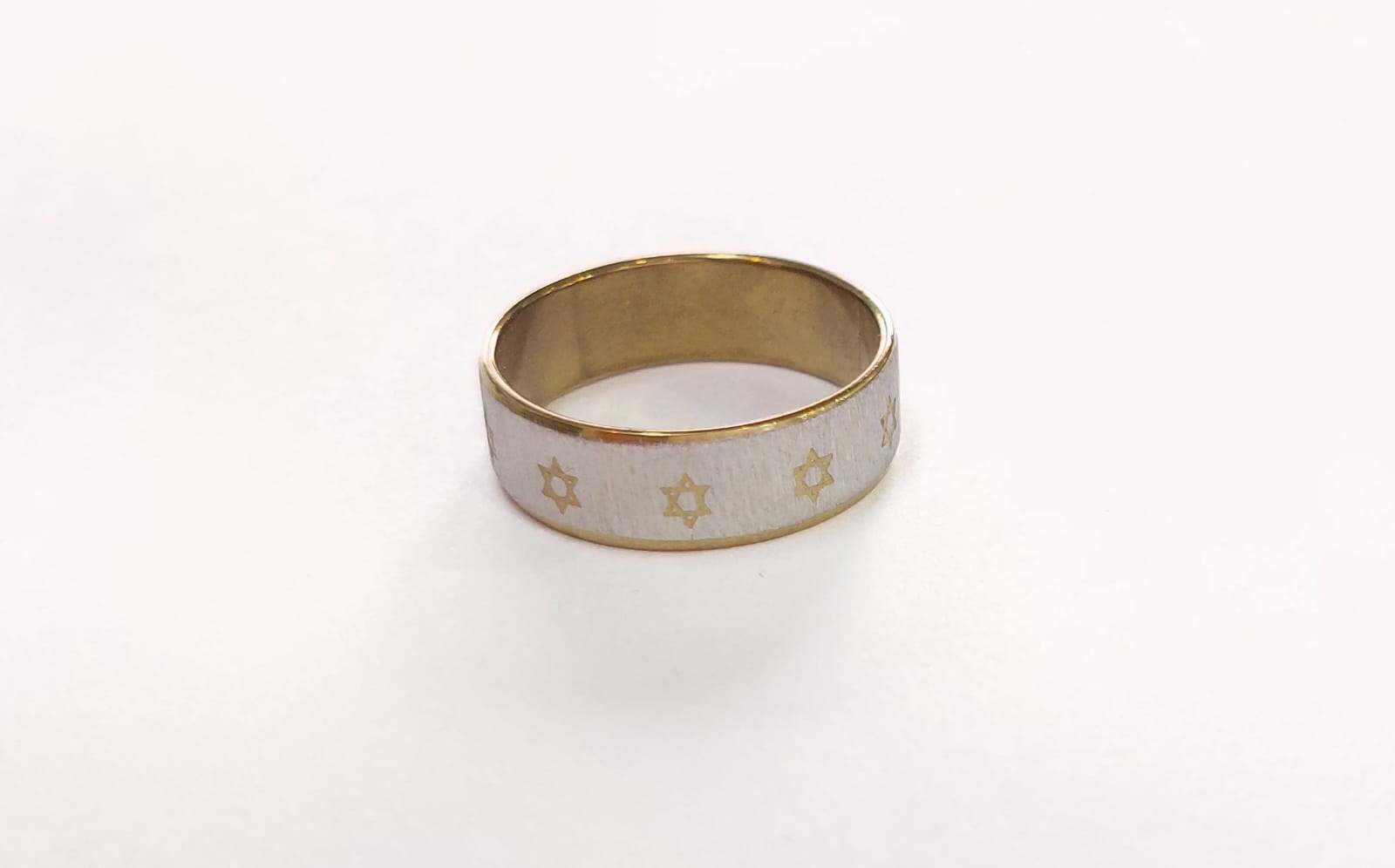
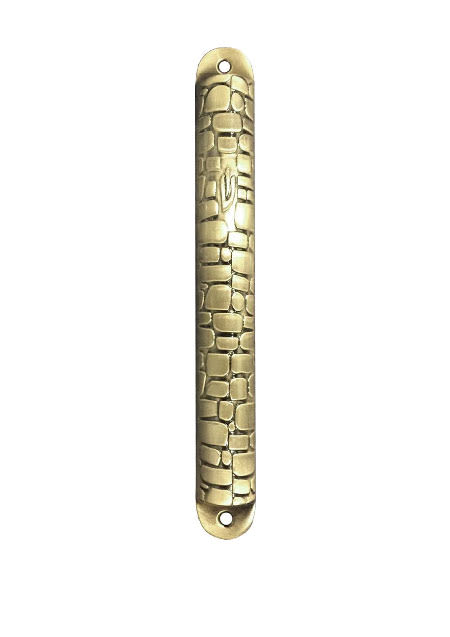
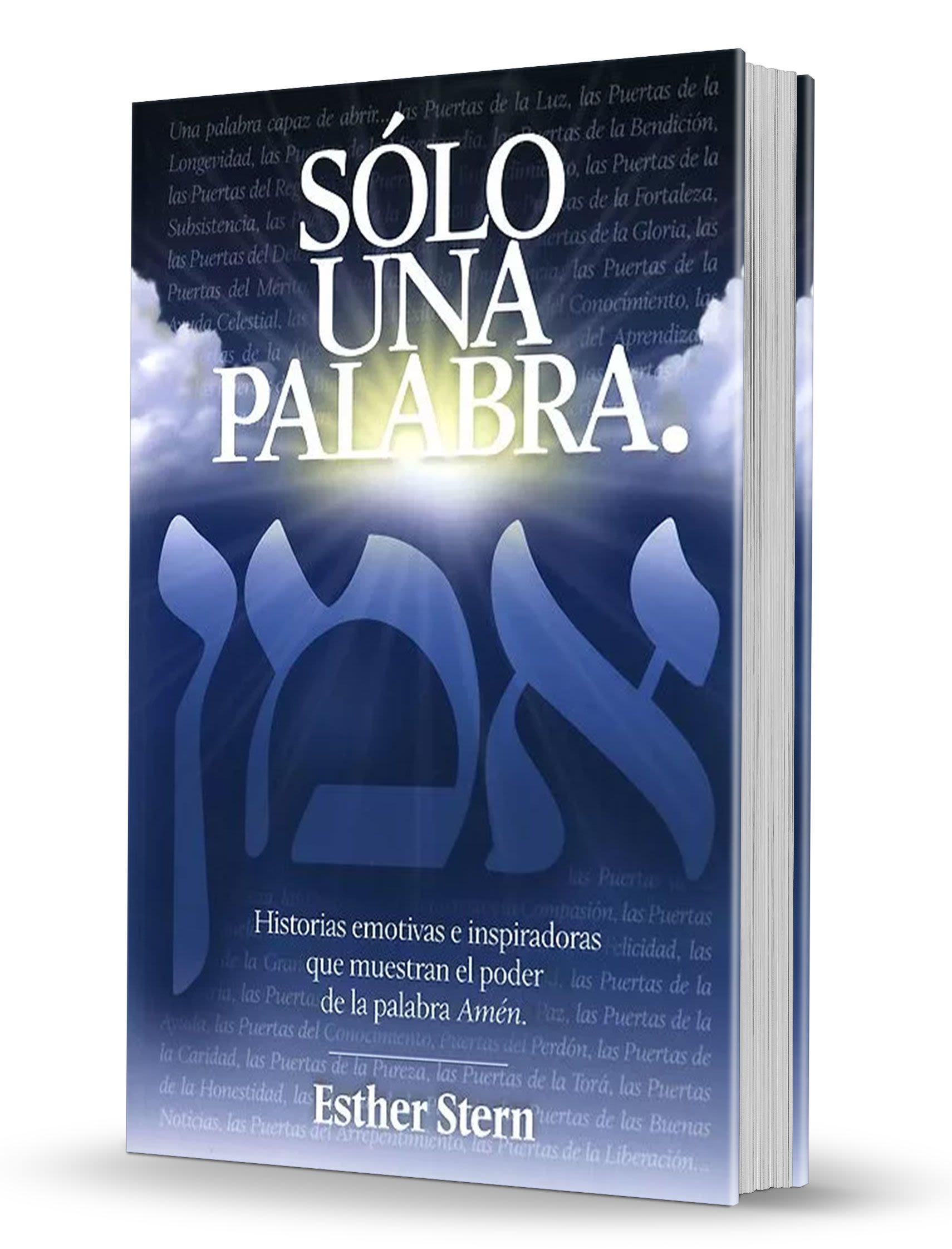
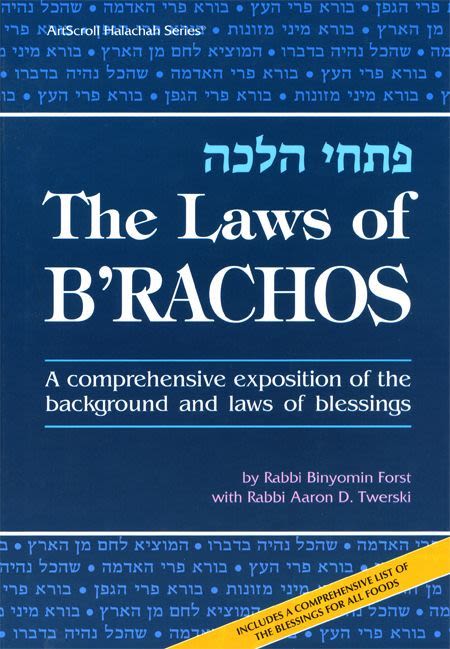

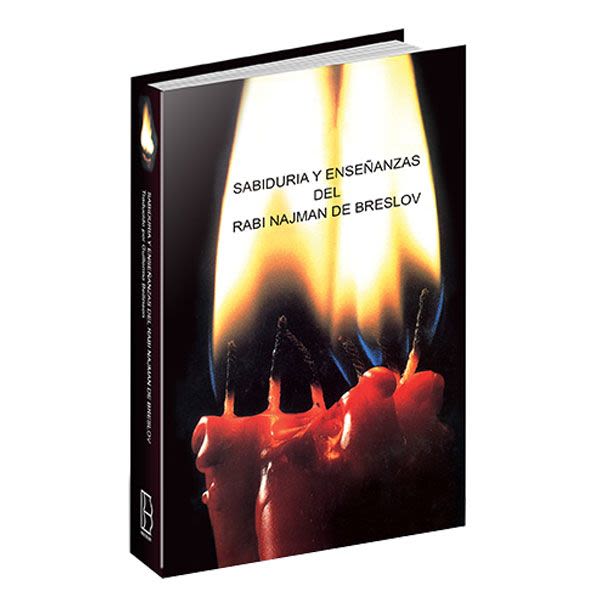
Tell us what you think!
Thank you for your comment!
It will be published after approval by the Editor.